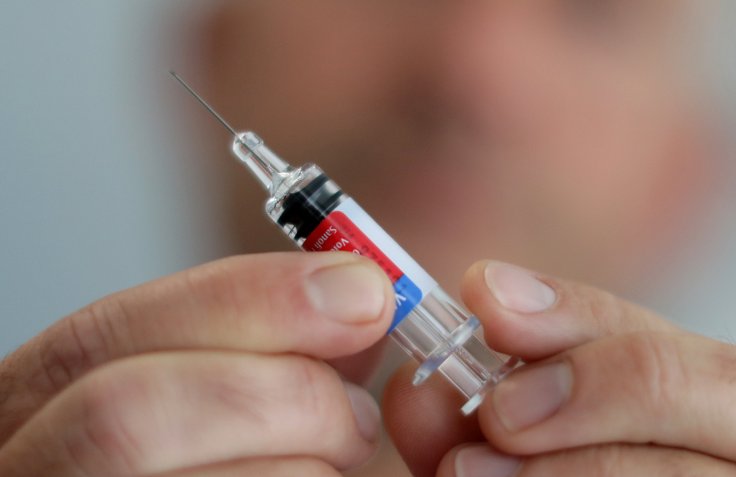
Measles, one of the most contagious diseases across the world, is staging a devastating comeback as the virus exploit dangerous gaps in vaccination coverage, with its cases rising by 300 per cent globally in the first three months of 2019 compared to the same period last year, a World Health Organisation (WHO) data revealed.
According to the latest WHO data, the world is facing an "alarming upsurge in measles cases in all regions" following a consecutive increase over the past two years.
Terming the impact of the outbreaks as "devastating", WHO department director Kate O'Brien said that the cases caused "not only widespread loss of life, but also preventable disability that is affecting national economies and straining healthcare systems".
There is no specific antiviral treatment for Measles causing tens of thousands of infections and thousands of deaths in the Democratic Republic of the Congo, Madagascar, the Philippines, Sudan, Thailand, and Ukraine, stated the WHO, but the disease can be prevented with two doses of vaccine.
They further mentioned that most of the cases occurred in unvaccinated individuals and indicated critical gaps in vaccination coverage.
SAGE group chairman Alejandro Cravioto said that the situation was "alarming" and urged authorities across the world to do more in achieving immunization against the deadly disease.
Cravioto added that the latest global figures showed about 86 per cent coverage with a first measles vaccine dose and less than 70 per cent for a second dose.
The WHO data stated that there were almost three times as many cases reported to date in 2019 compared to the same time last year, with major outbreaks ongoing in Angola, Cameroon, Chad, Kazakhstan, Nigeria, Philippines, South Sudan, Sudan, and Thailand.
The United States this year reported the highest measles case count in the past 25 years, and the figure in the WHO European region was close to 90,000 cases recorded for the first six months of 2019.
Lack of access to quality healthcare or vaccination services, conflict and displacement, misinformation about vaccines and low awareness about the need to vaccinate attribute to outbreaks in large parts of the world, the WHO explained, urging countries to ensure their measles vaccinations were up to date.
The WHO recommended that travellers get vaccinated against measles at least 15 days prior to travel.









